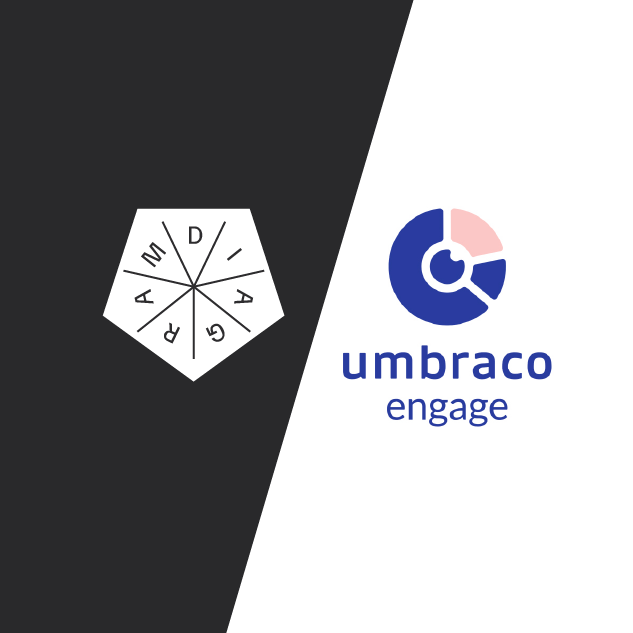Integrating Sales and Marketing With the New HubSpot CRM
Allison Casey Digital Marketing Director, Partner#Digital Marketing, #Inbound Marketing

Find out why HubSpot's new Sales Platform, which includes a free CRM, is poised to revolutionize our sales and marketing efforts.
Simplified Sales Tools to Empower Your Sales and Marketing Connection...and it’s FREE
When HubSpot announced the release of their new Sales Platform – which includes a free CRM and Sidekick, a rebranding of their browser extension Signals - at their recent Inbound conference, the thousands of HubSpot customers without an existing CRM stood up and cheered. But so did many of us sitting in the audience that already had a CRM.
Why were we so excited? Because, as a company that fully embraces the inbound marketing methodology and has seen site traffic and the number of leads grow exponentially, the connection between marketing and sales has still often seemed cobbled together from a technology standpoint. With the new Sales Platform, this is no longer the case. HubSpot understands the challenges of the modern sales team that works with a marketing team which generates inbound leads. Being able to connect our marketing and sales teams using a sales technology platform built by the company that built our marketing automation platform will provide a key advantage in maintaining internal consistency.
In full transparency, we are currently integrated with SalesForce, and while it’s a great CRM, we don’t fully utilize its capabilities, nor will we ever. Our sales process is all about starting meaningful conversations, finding common connection points, and guiding our prospects through their journey of figuring out if we are the right fit to help them achieve their digital business goals.
While “inbound sales” traditionally has a different connotation, it’s a word I use internally to describe how Inbound Marketing and Sales should go hand in hand. This is not only true from the prospect’s point of view, but also from our internal implementation of technology to facilitate the process, support that goal, and ultimately provide that much needed closed-loop reporting so that we have great metrics to know that it’s working.
Brian Halligan, CEO of HubSpot, explained when launching the CRM, “We started HubSpot because we felt the way consumers shop and buy had fundamentally changed. The inbound movement has helped transform the world of marketing, and we really feel like there's a huge opportunity to transform the customer experience with sales technology that enables companies to sell more, better, and faster." "The traditional sales process is broken,” he said. “Instead of ‘always be closing,’ the next generation of sales leads will ‘always be helping.’”
The reality is that leads generated through an Inbound Marketing strategy should be handled differently by your sales team than leads generated through traditional marketing efforts. With HubSpot’s release of the new CRM, we now have a platform that allows us to do that.
The HubSpot CRM is currently in Beta and will be released to all existing and new customers in 2015. If you are interested in a demo of the software or want to talk about how to better align your sales and marketing team with the Inbound methodology, let us know! We’d love to chat more about it.
Related Posts

3 Pro Tips to Make Your HubSpot Workflows Successful
HubSpot's workflows are a powerful tool for connecting with your customers. We share 3 pro tips for getting the most out of your workflows.

Announcing Our Partnership with uMarketingSuite to Elevate Marketing Analytics and Personalization
We are excited to announce our partnership with uMarketingSuite to elevate marketing analytics and personalization.
Results Matter.
We design creative digital solutions that grow your business, strengthen your brand and engage your audience. Our team blends creativity with insights, analytics and technology to deliver beauty, function, accessibility and most of all, ROI. Do you have a project you want to discuss?
Like what you read?
Subscribe to our blog "Diagram Views" for the latest trends in web design, inbound marketing and mobile strategy.
